Relative & Kinship Adoption
Relative adoptions include grandparent adoptions, as well as adoptions by aunts, uncles, siblings, and other relatives. Kinship adoptions generally refer to adoptions by people who are not biologically related but considered so close to the child or family that they are kin.
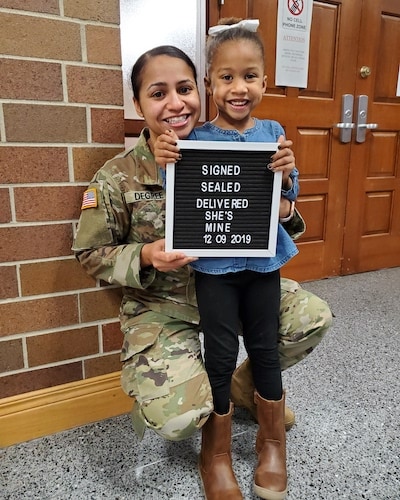
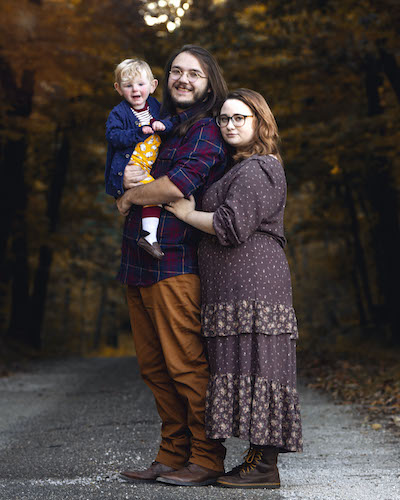
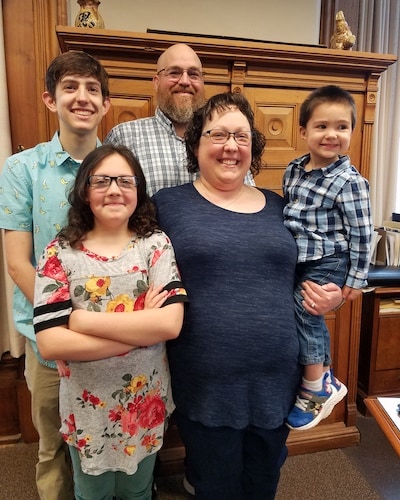
Overview
Relatives and kin adopt children for many different reasons, but a contributing factor may be that the birth parents are not doing what they should be doing as parents. For example, sometime these adoptions are the result of the Department of Child Services (DCS) removing the child from their birth parent(s) due to allegations of abuse or neglect by the birth parents. DCS may then place the child with a relative or someone identified as kin. The relative or kin does not need to be licensed as foster parents, but background checks and approval of the home is required before placement by the DCS.
There are also adoptions by relatives and kin that do not involve children removed from birth parent(s). For example, sometimes relative adoptions result from a terrible accident where the birth parents have died or when a single parent has a terminal illness.
Adoption Process
Just as in other adoptions, the consent of the biological parent(s) is required as a rule; however, there are a number of circumstances when consent is not required.
In most adoptions, notice of the adoption must be given to the parent(s). After the parent(s) receives the notice, they can either:
- agree to the adoption
- object to the adoption and request a hearing or trial on whether their approval is needed
- simply ignore the notice and process and the court will infer their consent
There are several situations when the biological parent’s consent is not necessary. The first is when the biological parents have left the child with a grandparent or other relative and are simply uninterested in caring for the child. Another situation is when the Department of Child Services, or DCS, has terminated the birth parents’ rights. There are also several other reasons listed in the Indiana statutes that a birth parent’s consent is not required, too.
Even when the adoption petition alleges that the birth parents’ consents are not necessary, Indiana law requires that we give notice to the birth parents, except when their parental rights have been previously terminated.
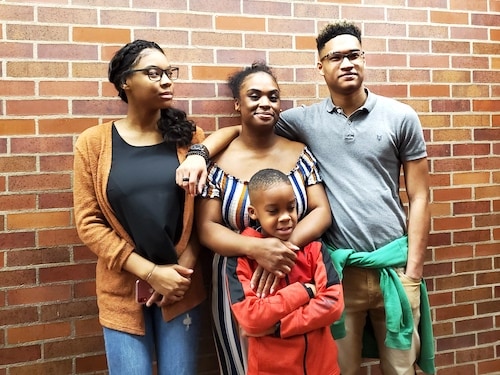
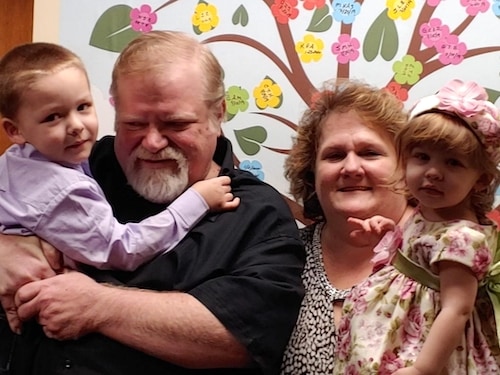
Birth Parent Objection
When a biological parent objects, the court will appoint an attorney for the objecting birth parent and set a date for the trial, also called a contested consent hearing. After the hearing, if the court finds that the biological parent’s consent is not necessary, we can finalize the adoption.
The biological parent has the right to appeal the trial court’s decision. This could lengthen the time it takes to resolve the situation by 6 to 12 months.
With my experience, we’re often able to resolve the biological parent’s objection WITHOUT the needing the contested consent hearing.
Home Study
A full home study is required for almost every type of adoption and must be completed by a licensed child placing agency. It includes background checks, as well as education in preparation for the child coming into the home.
In Indiana, the full home study can be waived for grandparent adoptions (and stepparent adoptions) so only the background portion of the home study is required. Indiana allows this because the child has already been in the home with the grandparent so many of the aspects of a typical home study do not apply.
The background check includes a criminal background check and Child Protective Services (CPS) check, among other background checks.
If you have a criminal history, you are not automatically disqualified. There are certain serious crimes that understandably can prevent a person from adoption, however. Indiana statutes list what can and cannot be waived from the background report.
The procedure for an adoption by a relative other than a grandparent follows a similar process. The one difference is that the full home study is less likely to be waived unless the adopting parents have already had legal custody or guardianship of the child or children before filing a petition for adoption.
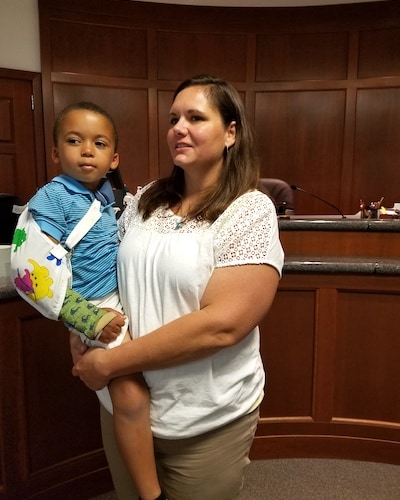
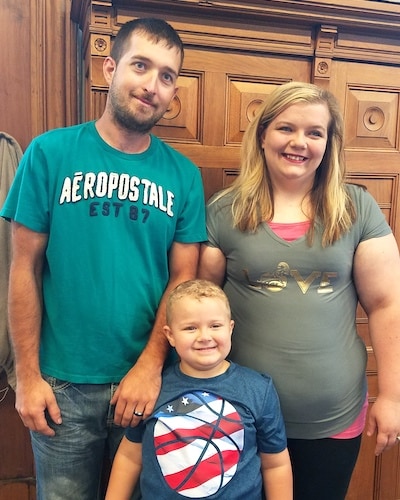
Cost of Adoption
The cost for relative and kinship adoptions can generally to be divided into three parts.
The first part includes the costs associated with the adoption, such as court filing fees and Indiana State Department of Health (ISDH) fees. As of 2020, these costs and fees total $248.10. Sometime the court may waive the filing fee of $162.10.
The second part of the costs includes the attorney fees. These vary greatly depending on the attorney’s knowledge and experience with adoption. Generally, attorney fees will be at least $2,500. For most of my relative and kinship adoptions, my fees are $2,500. I can charge less than most attorneys because adoptions are all I do and I am incredibly efficient at getting the work done.
The third part of the costs of a grandparent or kinship adoption is for the home study. If the full home study is waived, a background check will cost approximately $200 for each adopting parent. If the full home study is required, the cost of a home study will likely be between $1,200 and $2,500.
In addition to the costs and attorney fees described above, if a non-consenting biological parent files an objection and requires a contested consent hearing or trial, additional fees are obviously necessary. The amount depends on the length of the contested hearing and how much time is required to prepare for the hearing.
If the non-consenting parent has not seen his or her child for several years and is simply objecting because they can object, the attorney fees for the additional contested hearing can be as little as $1,000. However, if there are more complicated issues, the legal fees for the trial may be several thousand dollars.
Like any adoption, consult with an attorney who has a long history of working in adoptions, who has received numerous positive reviews from clients, and has been recognized professionally for their adoption work.
